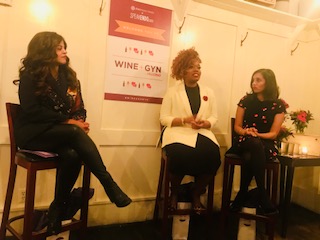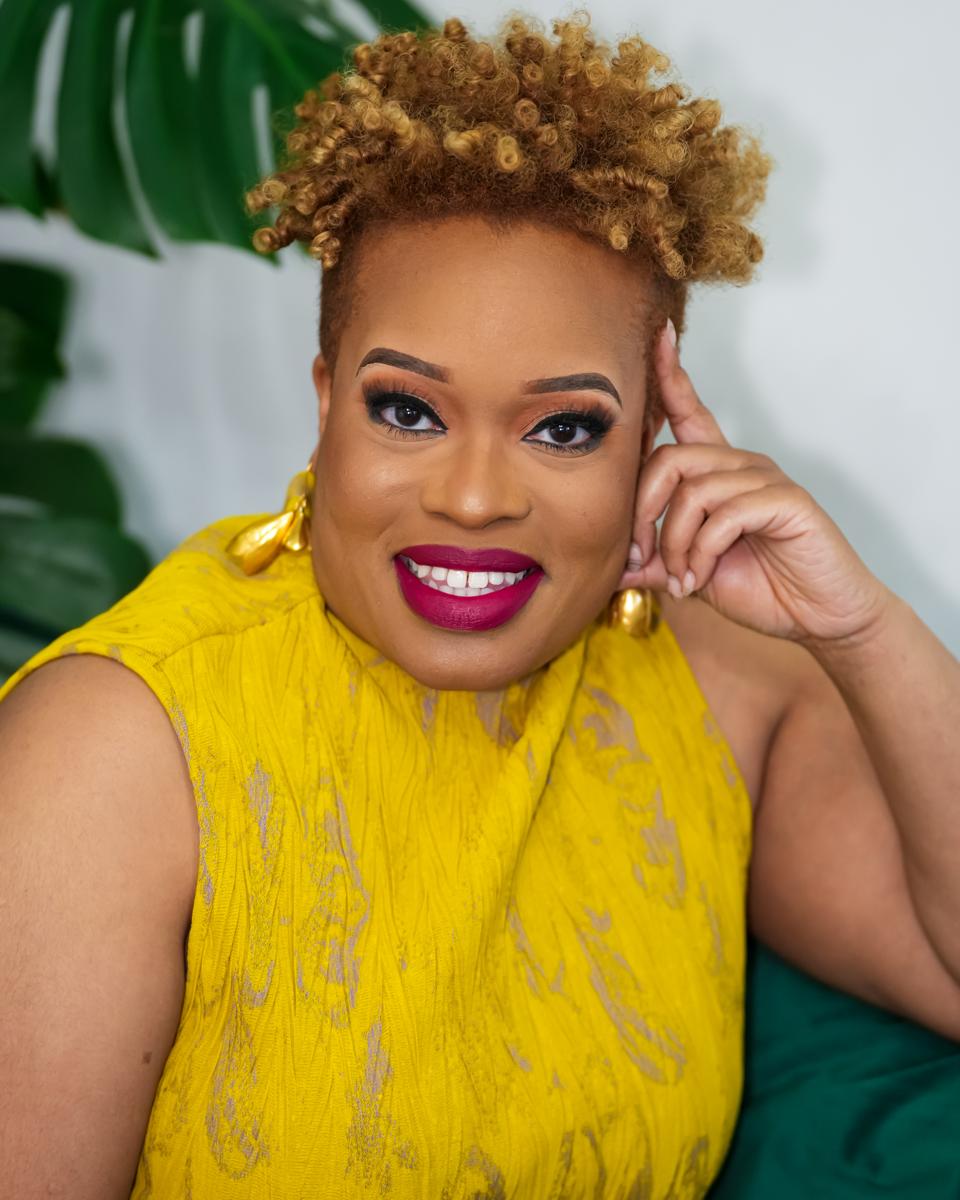Last month for Endometriosis Month, I had the opportunity to speak at a panel presented by SheKnows Media and Hello Flo. On the panel with me was co-panelist Dr. Tayyaba Aymed an osteopathic physician and pelvic pain specialist and moderator Nikita Chopra, a chronic illness advocate (pictured above left to right). It was just an amazing experience for me. To be in a room with like minded people not only to learn about endometriosis, but more importantly to learn how to be your own advocate. I have compiled my top three things you can do to ensure you self-advocate for yourself below:
Keep a Journal
Whether you want to physically write it down or type it up in your phone/tablet this is a must! I started to journal because it allowed me an opportunity to be able to express myself in ways that I felt no one else understood. Not only did journaling aid with my emotions, but it helped me with my physical feelings as well. Because I deal with pain and cramps on a random basis, I was able to pinpoint patterns (if any) for my next doctor’s visit. Being prepared at your doctor’s appointments are key and this helped me tremendously.
Ask Questions
Write down a list of them! Because we all know when we don’t feel well, there are so many thoughts racing in our mind we’d like answered. These questions can help you and your physician navigate through each minute spent together in his/her office. Asking questions also allows you to really control your doctor’s visit. This is key in self-advocacy because, your voice needs to be heard! There is a concern that needs to be addressed. The only way that that can happen is you speaking up for yourself.

Get Second Opinions
Sometimes you may need a third and fourth opinion too! I know we have all been in a situation where we are listening to a physician and your intuition kicks in and say, “yea something about this isn’t right.” If this has happened to you – listen to it! There is NOTHING wrong with researching other physicians for another opinion. Had I not done that, I would not have the amazing endometriosis specialist that I have now. Second opinions are a way of being able to digest and dissect what it really taking place, and more importantly what your next steps should be for your health.
Have you used any of these three ways to self-advocate? Comment below and let me know. Or if you have other ways you’ve done so, I’d love to hear them!
In the meantime, I’ve included the link to this amazing panel for you to watch and engage in the conversation we had that night!


